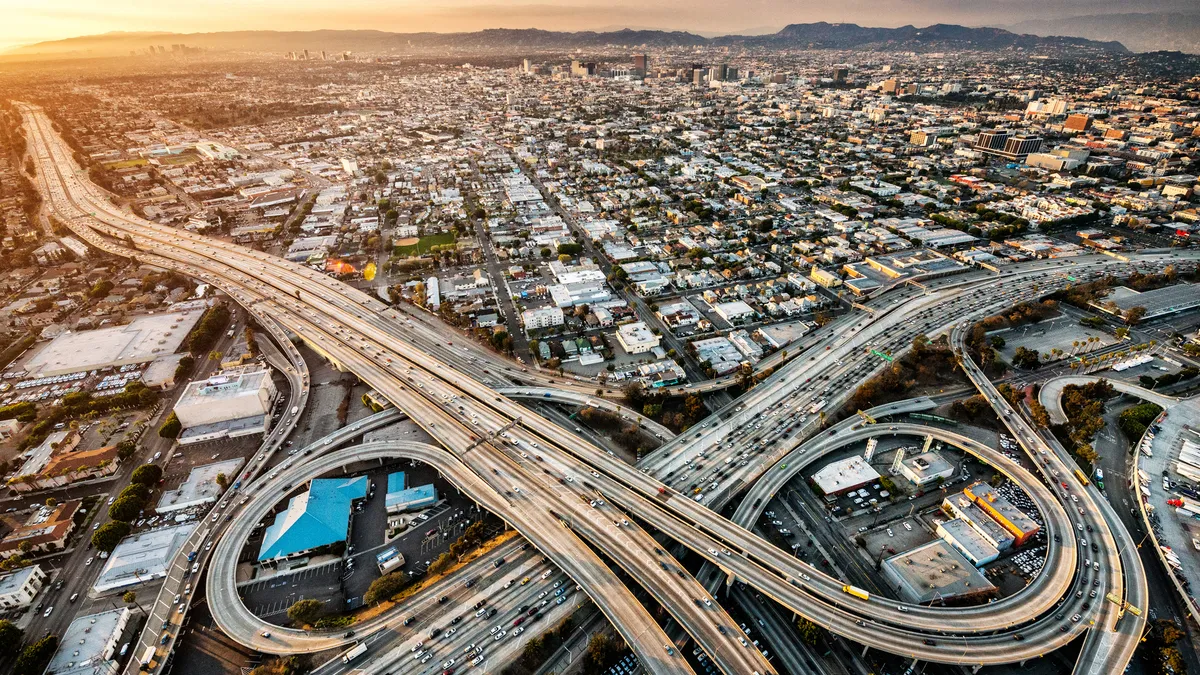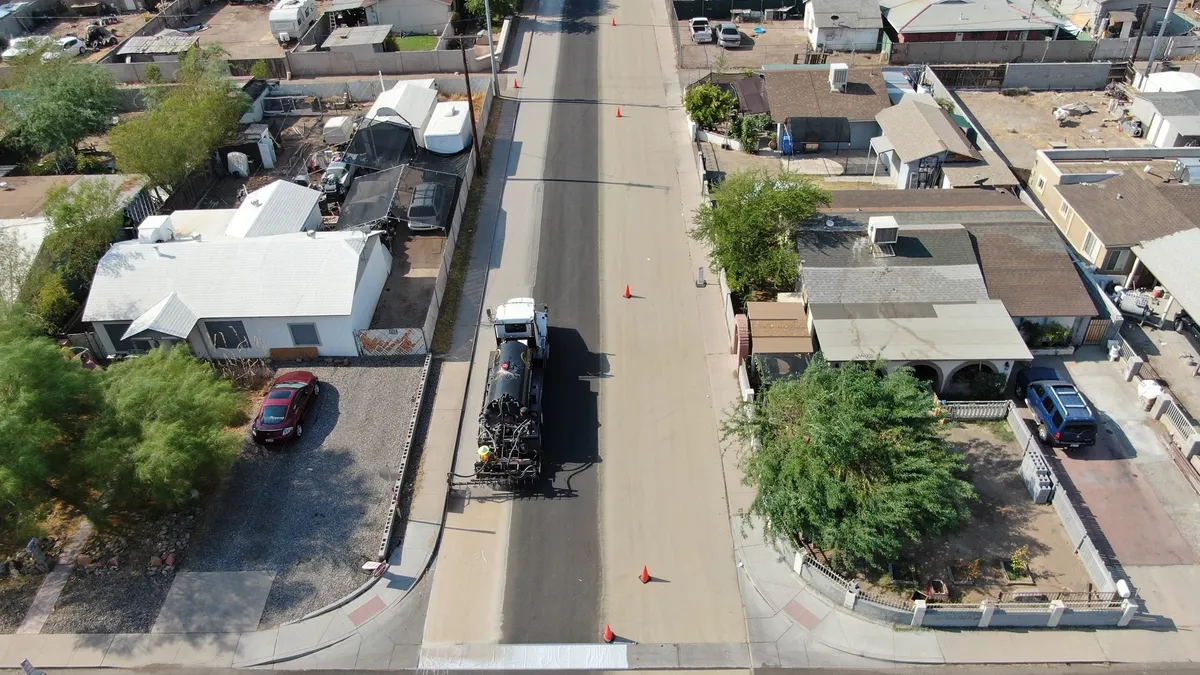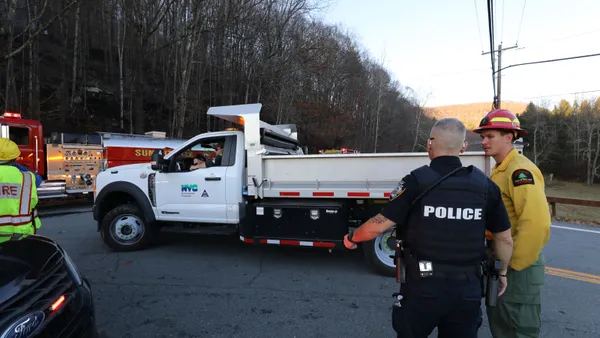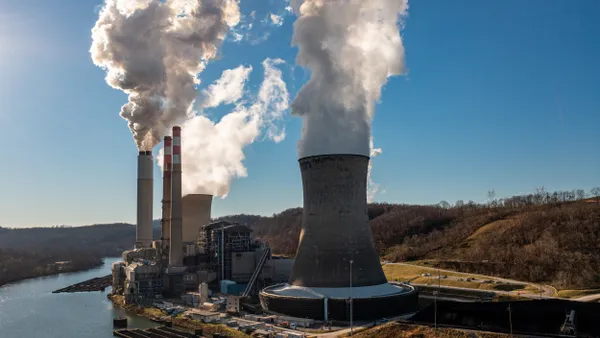Dive Brief:
- Twenty-three states and three cities — Los Angeles, New York and Washington, DC — are suing the U.S. Environmental Protection Agency (EPA) over its decision to loosen vehicle emissions standards.
- The lawsuit is intended to block the EPA from revoking portions of a wavier it granted California in 2013 to set its own standards for vehicle efficiency and electric vehicles.
- Thirteen other states follow California's rules, at least partially. "California will not back down when it comes to protecting our people, our health, and our environment from preventable pollution," California Attorney General Xavier Becerra, who filed the lawsuit, said in a statement. "California's Clean Car Standards are achievable. They not only work, many other states around the country have chosen to adopt them."
Dive Insight:
This lawsuit is the latest in a long string of actions that have occurred over the last two years during the tug-of-war between the Trump administration and state and local governments over the environment. Dozens of mayors condemned the EPA's announcement last year that it would roll back Obama-era vehicle emissions standards and re-examine California's waiver and vowed to fight the Trump Administration on the matter.
"Cooperative federalism doesn’t mean that one state can dictate standards for the rest of the country. EPA will set a national standard for greenhouse gas emissions that allows auto manufacturers to make cars that people both want and can afford — while still expanding environmental and safety benefits of newer cars,” EPA Administrator Scott Pruitt said in a statement last year.
Days after the EPA's announcement, California sued the EPA and the National Highway Traffic Safety Administration to learn details behind the decision to lower emissions standards. Weeks later, 18 states joined a lawsuit to prevent the roll back from occurring. Months later, the administration formally proposed freezing vehicle emissions standards at 2020 levels — about 37 mpg — instead of rules proposed by President Obama that would boost emissions standards to over 46 mpg by 2025.
In the meantime, states and cities have continued to pursue cleaner automobiles, among other environmental measures. This summer, the Canadian government signed a memorandum of understanding with California to collaborate on reducing auto emissions. A number of cities including Chicago and Albuquerque, NM recently were named leaders in the transition to electric bus fleets. And numerous cities are implementing strategies for installing electric vehicle (EV) charging infrastructure and encouraging citizens to purchase EVs.
Cities are looking beyond vehicles to reduce emissions as well. They acknowledge that buildings also represent one of the biggest urban polluters and are imposing regulations to reduce their carbon footprints. Pittsburgh's mayor introduced legislation to require government buildings to be net-zero energy efficient and the city released its first energy benchmarking report of municipal facilities this year.
Chicago launched an energy rating system for large buildings shortly after committing to 100% renewable energy by 2035. Boston will require a carbon neutral design for all new city buildings. And New York passed a sweeping "Climate Mobilization Act" that includes seven pieces of environmentally-focused legislation, the main one requiring buildings over 25,000 square feet to cut climate emissions 40% by 2030 and more than 80% by 2050.
City leaders say building and vehicle emissions contribute to pollution, which harms citizens. Low-income and marginalized communities disproportionately are found to be affected by the negative effects of pollution.
"Clean air is a fundamental human right that shouldn't be taken away for the appeasement of special interest. In New York City, where we were able to pass a Green New Deal, we remain committed to fighting pollution, climate change, and all those standing in the way of a more sustainable future," New York City Council Member Costa Constantinides, Chair of the Committee on Environmental Protection, said in a statement about the new lawsuit against the EPA.











